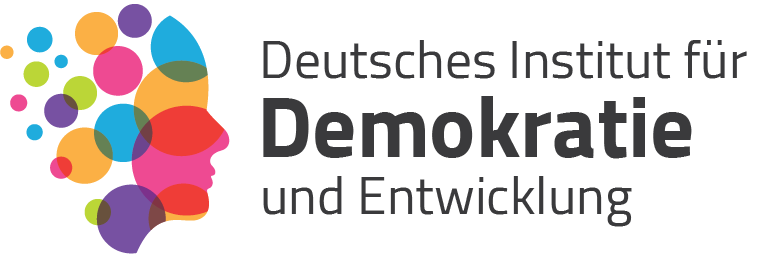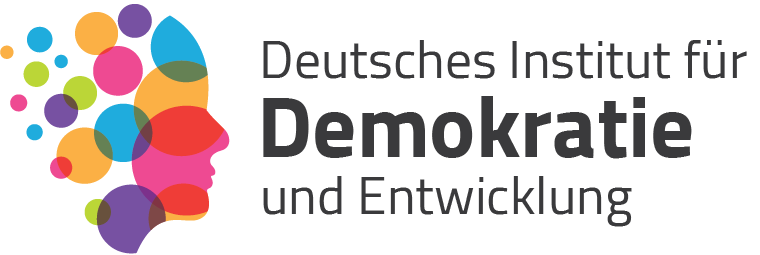The present illegal government of Bangladesh has held the former prime minister of Bangladesh and the chairperson of Bangladesh nationalist party Begum Khaleda Zia hostage with a case of political revenge. Begum Zia’s physical condition has deteriorated drastically, one of the problems she is suffering from is Liver Cirrhosis. Whose treatment is not possible in Bangladesh. In this situation, we are seeking the cooperation of the United Nations for the advanced treatment of Begum Khaleda Zia in abroad.
Khaleda Zia is a Bangladeshi politician who served as the Prime Minister of Bangladesh from 1991 to 1996, and again from 2001 to 2006.She was the first woman in the country’s history and second in the Muslim majority countries to head a democratic government as prime minister. Bangladesh doctors treating the ailing opposition leader they fear for her life if she is not allowed to fly abroad for medical care. Begum Zia is at present under house capture and was conceded to clinic in November 2021 with basic liver and kidney illnesses. Doctors treating her have prompted that she wants master treatment abroad, in an expert clinic in Europe or the U.S. The Bangladesh Public Party demand that her preliminary and conviction in 2018 were politically spurred, and that she is a casualty of denials of basic liberties, claims excused by the Bangladeshi government. The Bangladeshi specialists have proposed get the necessary treatment in abroad. During her tenor she made great strides in all areas specially,
The achievements of the government led by Begum Khaleda Zia in the political arena included:
- Introduction of the parliamentary form of government through the Twelfth Amendment to the Constitution.
- Making provision for elections of City Mayors by direct votes of the respective residents.
- Enacting law to provide identity cards to voters.
- Adopting legislation against repression on women and children providing for capitalpunishment or life imprisonment for the offenders.
- Introduction of gallantry awards for valiant freedom fighters.
- Initiating steps for construction of a mausoleum at Rayerbazar in honour of the MartyredIntellectuals.
- Formation of some 60 Parliamentary Committees involving opposition lawmakers toensure opposition’s participation in the affairs of the state.
- Enactment of the 13th Amendment to the Constitution for holding general elections undera neutral Caretaker Government.In the field of education, the successes included:✓ Enactment of a law making primary education compulsory.
Guaranteeing free education for girls up to Class (Grade) Ten.
- Launching of a Tk. 60 million scholarship plan to benefit 3.3 million girl students in six years.
- Introduction of the Food for Education Programme for poor children.
- Inauguration of the country’s Open University and National University.
- Grant of permission to a host of private universities and medical colleges to expand thescope of higher education.
- Construction and renovation of thousands of schools, colleges and madrasahs.
- Making highest allocations for the education sector in all the annual budgets;
- Increasing government contribution to salaries of private school teachers by 80 percent andgranting teachers time-scale.
- Setting up of a Madrasah Training Institute in Dhaka for madrasah teachers, and entitling Ebtedayee Madrasahs (primary-level madrasahs) benefits as received by non-government primary schools. Despite numerous obstacles, the very many successes attained in the economic and social sectors were significant and far-reaching. They included:
- Exemption of agricultural loans up to Tk. 5,000 and the interest on them.
- Exemption of interest and penalty interest on loans taken by weavers and cooperativesocieties,
- Tax exemption for farmers owning up to 25 acres of land.
- Making provisions for soft agricultural loans; abolition of lease of water bodies.
- Introduction of a free-market economy.
- Allocation of Tk. 3,500 million for early construction of five-kilometre long JamunaBridge.
- Construction of more than 300 other bridges, a greater number of culverts and severalthousand kilometres of roads.
- Operationalisation of two projects, one for tapping coal at Barapukuria and the other fortapping hard rock at Madhyapara.
- Discovery of new gas reserves discovered in Bhola and in the Bay of Bengal and coalreserves in Dinajpur.
- Adoption of steps taken for digging two wells a year for exploration of oil and gas.
- Removal of difficulties faced by the retired government officers and employees inreceiving their pensions removed and enactment of new rule entitling wives and retardedchildren of the expired government employees to lifelong pensions.
- Construction of three thousand houses for government employees.
- Raising of age-limit for entering government jobs from 27 years to 30 years.
- Enhancing wages and benefits for workers through Wage Commission.
- Creation of self-employment opportunities for hundreds of thousands of unemployedyouths by granting them soft loans to set up plantations, poultry or livestock farms andfisheries.
- Initiating distressed Women Programme Loan from the Prime Minister’s
- Special Fund with a view to making them self-reliant.
- Enactment of a law effecting for 30 years the right of the owner of land eroded by river.
- Raising the investment ceiling to Taka 300 million without permission.
- Granting Tax Holiday for five years to all new industrial units as an incentive for investors,both local and foreign, with a view to creating job opportunities.
- Increasing the number of hospital beds from 100 to 250 and from 50 to 100 at district headquarters and from 31 to 50 at Upazila Health Complexes.
- Bringing 85 percent of children age below one year under the Expanded Immunization Programme (EP).
- Making clean water available to 90 percent of the total population.
- Installing 300,000 telephone connections and introducing card phones, cellular phones andrural ISD phones.
- Bringing 330 upazila areas under the Rural Electrification Programme. 2
- Building more than a thousand multipurpose cyclone shelters in the coastal areas.
- Making arrangements for producing pulp from green jute.
- Opening Ansar-VDP Bank for granting loans to self-employment projects initiated byAnsars and members of the Village Defence Parties (VDP).
- Building a permanent Haji Camp in Dhaka.
- Allocation of more than 300 acres of land at Tongi for Tablig Jamaat to hold the AnnualBiswa Ijtema.
- Providing financial grants for renovation of mosques, Eidgahs and other places of worship.
- Establishment of an army of Coast Guard with a view to protecting the maritime boundaryand bringing an end to piracy and smuggling.That democratic governance can lead to better economic performance was once again demonstrated in Bangladesh after 1991. According to the UN Human Development Report, the life expectancy at birth of a Bangladeshi rose to 61.9 years in 1995 from 58.44 years in 1990; expected years of schooling stood at 6.6 years in 1995 against 5.6 years in 1990; GNI per capita rose to 1.485 in 1995 from 1.320 in 1990. The number of the poor, which was 63.9 million in 1991-92 came down to 59.4 million on 1995-96. For all these positive changes in indicators, the HDI value went up to 0.425 in 1995, which was 0.387 in 1990.
- In 1989-90, the Tk. 51,000 million budget was fully based on aid and loans. But 43 percent of the Tk. 121,000 million budget in 1995-96 was mobilised from internal resources.
- It may be mentioned that the World Bank assistance to the power sector was suspended on allegations of corruption when Ershad was in power. When World Bank President Lewis T. Preston called on Prime Minister Begum Khaleda Zia on 17 November 1992 she pleaded for withdrawal of the suspension. The Prime Minister informed Preston that disciplinary actions were being taken against corrupt practices in the power sector. She said the results of the decisions were encouraging. She also said her government was firm in reducing system loss in the power sector. The suspension was later withdrawn.
Signed by:
Saydur Rahman Liton
-President of Nationalist Party of Bangladesh- Belgium
Iqbal Hossain Babu
-Secretary General, Nationalist Party of Bangladesh- Belgium


